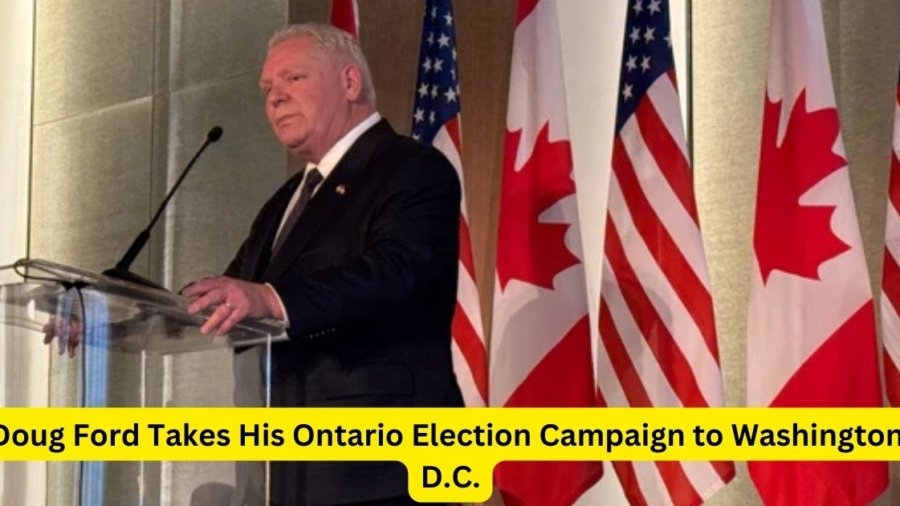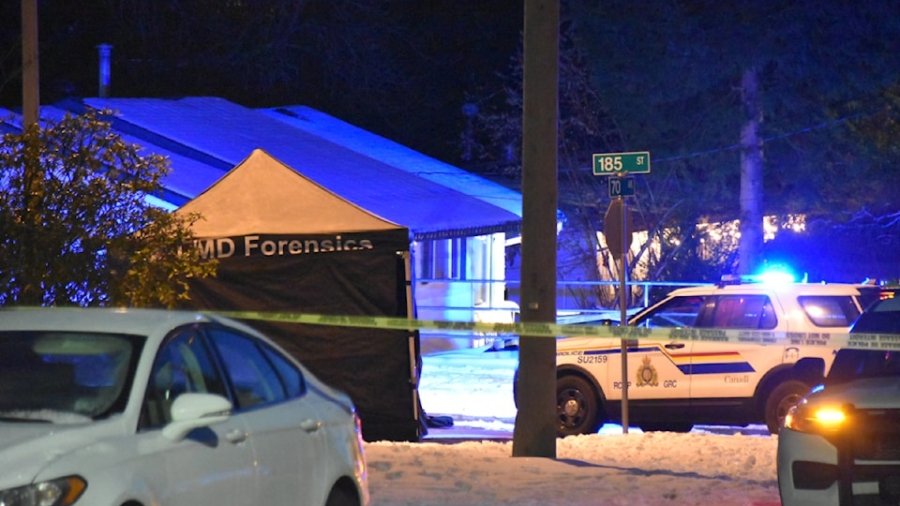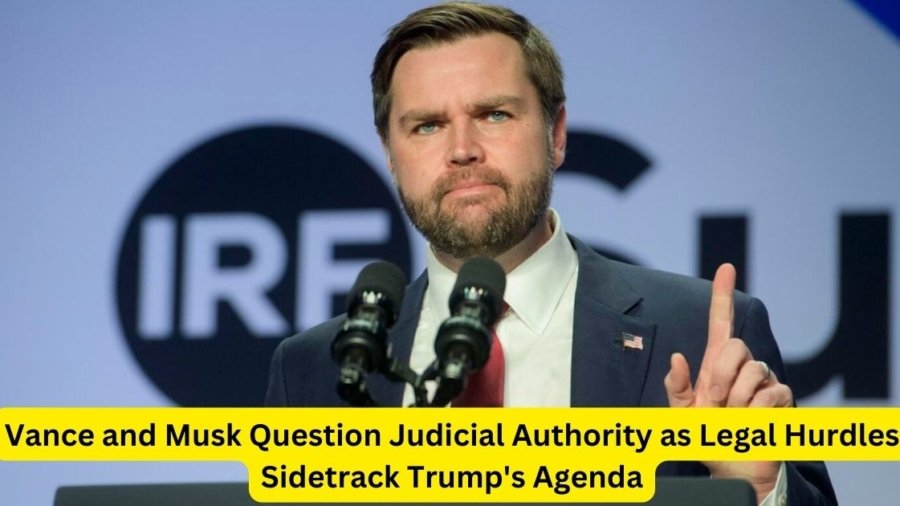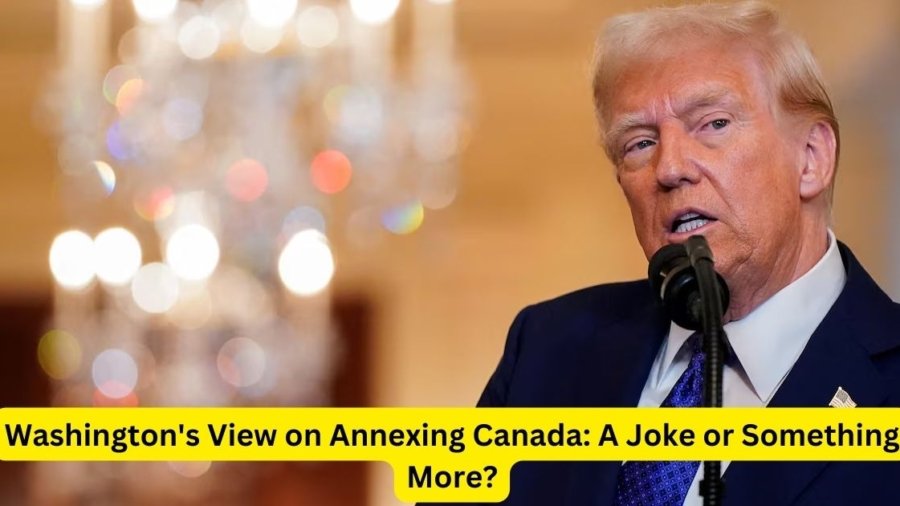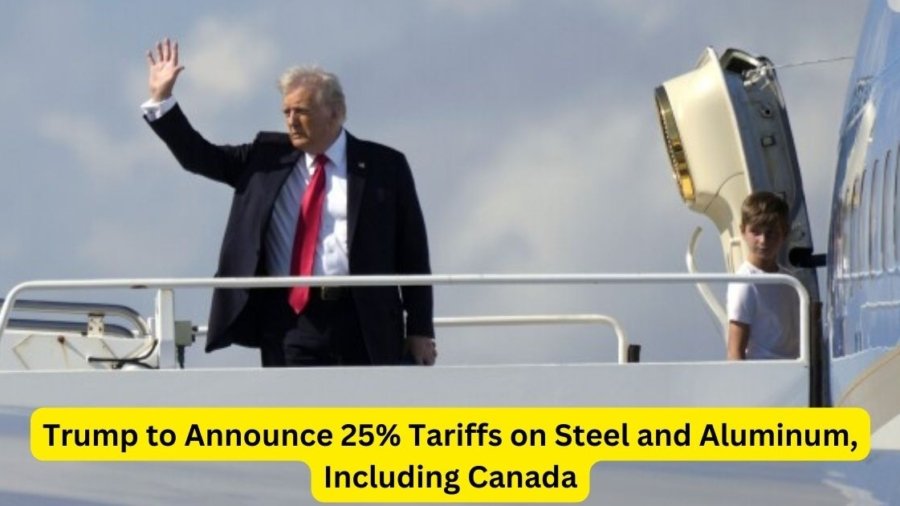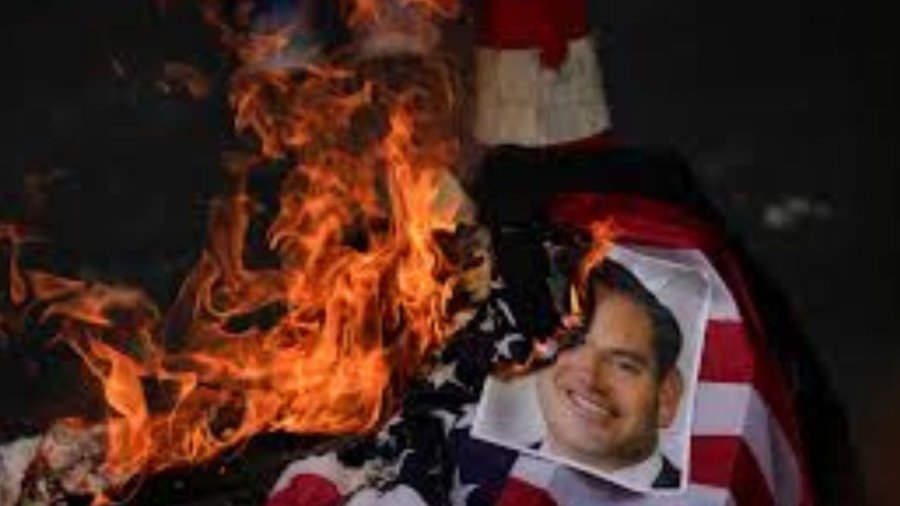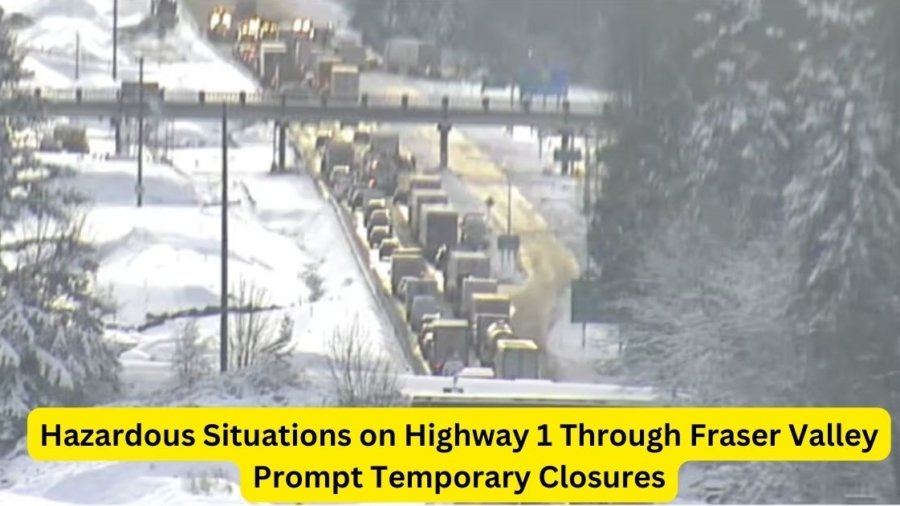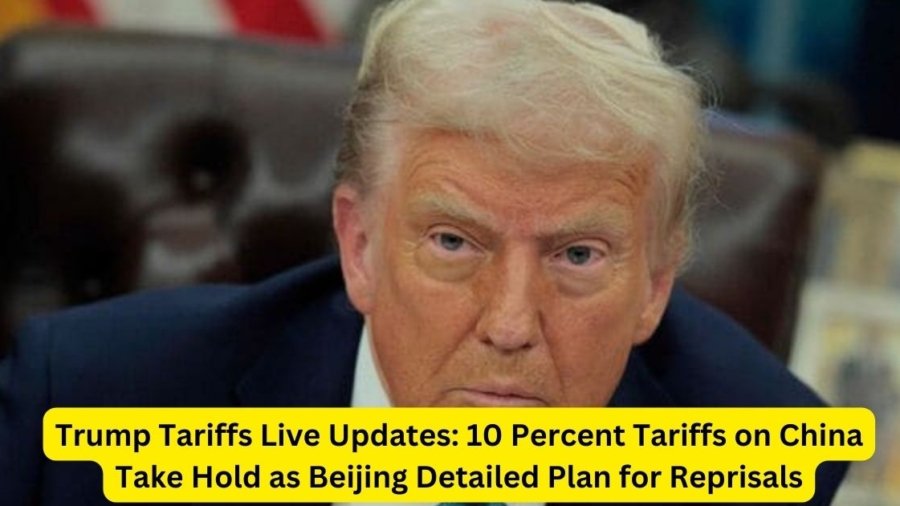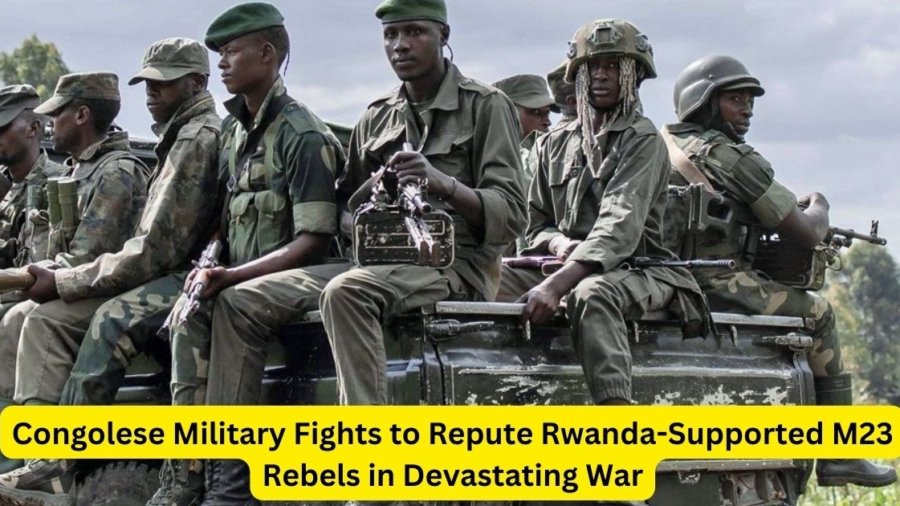Publisher: Bouncer News
Author: Abdul Jabbar
Doug Ford’s Campaign Strategy Crosses Borders
Doug Ford, the Premier of Ontario, took an unconventional step in his re-election campaign by traveling to Washington, D.C., where he engaged with influential U.S. business and political figures. On Tuesday morning, Ford addressed the U.S. Chamber of Commerce, one of the most powerful lobbying organizations in the country, and later met with key Republican lawmakers from border states, including a Michigan congresswoman and a North Dakota senator.
Ford’s trip, which aligns with his campaign narrative of needing a strong mandate to tackle trade issues and respond to U.S. policies, raises questions about its timing. While he argues that engaging with U.S. officials is essential for Ontario’s economic interests, critics suggest this visit is a strategic move to bolster his election bid. The Progressive Conservative Party has funded Ford’s travel expenses, but there is debate over whether taxpayers are covering any additional costs.
Political and Media Scrutiny
The opposition has been vocal about Ford’s decision to campaign internationally, suggesting it reflects an opportunistic election strategy. Given that Ford has justified calling this early election as a necessity to strengthen Ontario’s stance against trade tariffs and Donald Trump’s policies, some find it contradictory that he is focusing efforts outside Ontario during the campaign period.
Political analyst Anthony Furey pointed out that while Ford’s international engagement may seem unusual, it also highlights the reality of his role as Premier. “You cannot address trade and economic issues solely by knocking on doors in Ontario ridings,” he said. Ford’s media exposure in Washington, including appearances on major U.S. networks like CNN and Fox News, also differentiates his campaign from that of his rivals, who lack access to such international platforms.
Meanwhile, Queen’s Park reporters traveled to Washington to cover the trip, indicating the significance of Ford’s visit. Some noted that the event at the U.S. Chamber of Commerce had a largely Canadian audience, leading to speculation about whether the trip was more about optics than substantive policy discussions. Nevertheless, Ford and his cabinet ministers reportedly maintained a packed schedule, engaging in discussions with policymakers throughout their visit.
Public and Electoral Impact
Despite criticisms, Ford’s trip does not appear to be harming his re-election prospects. His supporters view the visit as a demonstration of leadership in navigating Ontario’s economic future. However, whether this move will translate into electoral success remains to be seen. With Ontario’s opposition parties struggling to shift the narrative back to domestic concerns, Ford appears to be setting the agenda, making this campaign strategy a high-risk, high-reward move.
As Ontario voters prepare to head to the polls, Ford’s ability to balance his role as Premier with his campaign efforts will remain under scrutiny. Whether his trip to Washington strengthens his position or backfires politically will soon be determined by the electorate.

